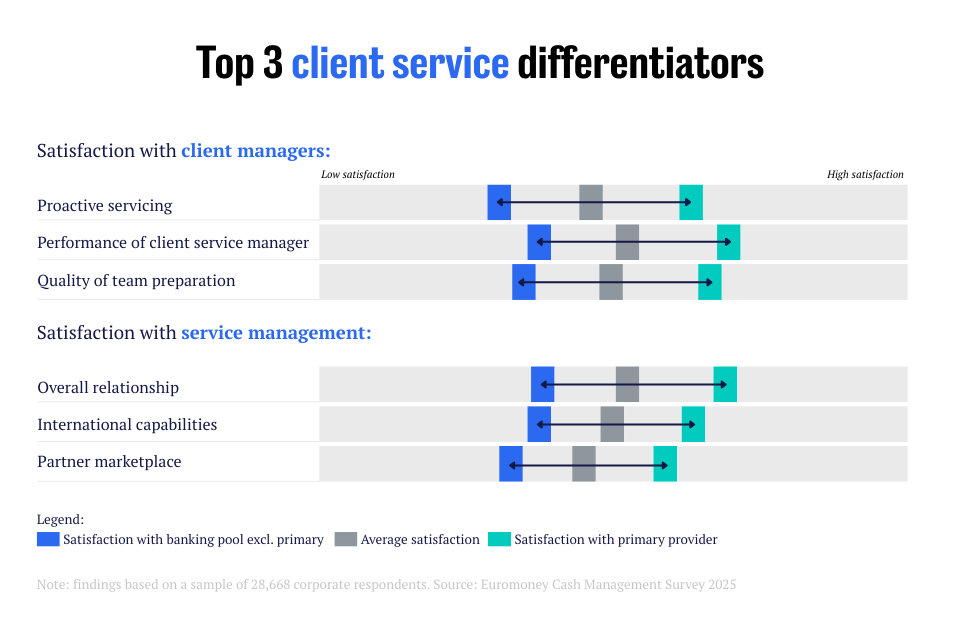Growing calls to remove Russia from Swift, the world’s most widely used financial messaging service, are nothing new. This option was very much on the table eight years ago when Russia annexed Crimea and was blamed for violence in several Ukrainian provinces on its border.
Demands for exclusion were repeated by the ministers of foreign affairs of Latvia, Estonia and Lithuania, and supported by the Czech president, as Russian forces flooded into a country that gained independence from the Soviet Union in 1991.
However, the move is for now opposed by other European states, most notably Germany. The sanctions package announced by the US on Thursday did not involve any action to ban the country’s banks from Swift.
Russian banks and corporations are less vulnerable since they deleveraged after sanctions in 2014
Elina Ribakova, Institute for International Finance

Russia’s financial and political leaders have previously described such a move as a “declaration of war”, but expelling Russia from Swift today would have less impact than it would have had then.
The so-called ‘Fortress Russia’ policy enthusiastically pursued by president Vladimir Putin has produced an economy less reliant on foreign investment and trade. The country’s financial system is highly concentrated, with the five largest domestic banks accounting for around two thirds of total banking system assets, while foreign institutions have reduced their exposure in recent years.
“Russian banks and corporations are less vulnerable since they deleveraged after sanctions in 2014,” explains Elina Ribakova, deputy chief economist at the Institute of International Finance (IIF). “External liabilities have fallen by more than 40% to $380 billion, while assets stand at $530 billion, and FX holdings of $750 billion could cover external debt.”
In 2014, analysis from Moscow-based think tank the Carnegie Moscow Center indicated that a ban on Russian transactions on Swift would shrink Russia’s GDP by 5%.
“Such a ban now would make life more difficult for Russia, but it would not have the same impact because Russia (and other countries) have worked to create their own payment settlement systems,” observes Josh Galper, managing principal at Finadium.

Russian payment system Mir and the SPFS can be used to settle domestic transactions, while the European instrument for supporting trade exchanges (Instex) can be used for ‘humanitarian transactions’ permitted by US sanctions, and China’s cross-border interbank payment system (CIPS) has signed up hundreds of international members.
“In addition, Russia is developing its own digital currency (the digital rouble), and over time this could give Russia less exposure to the global payments system, meaning sanctions would be less of a threat,” adds the IIF’s Ribakova.
Withdrawing its access to Swift could also encourage Russia to limit or even block European access to oil and natural gas – a move that would cause chaos across the continent – while Austrian, Italian and French banks with large exposures to Russia would doubtless be lobbying their governments to pursue a different approach.
Impact
Russian businesses and consumers would still suffer, though. Liam Peach, emerging markets economist at Capital Economics, notes that cutting Russia out of Swift would affect Russian banks’ ability to process transactions with Western banks and harm the country’s capacity to trade internationally – particularly when it comes to its key commodity exports.
It seems likely that such measures would cause energy exports and other goods and services trade to collapse
Liam Peach, Capital Economics

“Russia’s economy would be better placed to weather this move than Iran – where sanctioned banks were disconnected in 2012 following an EU Council decision – given the strength of its balance sheet and the existence of an alternative domestic payments system (albeit not a direct replacement for Swift),” he says.
“Even so, it seems likely that such measures would cause energy exports and other goods and services trade to collapse, resulting in a deep recession in Russia’s economy (perhaps a 4% to 5% fall in GDP) and turmoil in financial markets.”
Capital Economics estimates that the value of the rouble against the dollar would fall by more than the 10% to 15% seen during the most severe sanctions episodes over the past decade, possibly to 100RUB/USD from the current level of just under 80RUB/USD. This would push Russian inflation up and force the central bank to tighten monetary policy much further, with interest rates potentially rising from 9.5% to above 14%.
Inability to access Swift would have a profound impact on Russian banks’ and corporates’ ability to transfer money across borders, and trade with the EU would be particularly hard hit as it accounts for more than 35% of Russia’s gross trade flows.
SPFS accounted for only about 20% of domestic financial messaging traffic as of the end of 2020, according to Bank of Russia, although the Accounts Chamber of the Russian Federation could revive a previous proposal to oblige all banks operating in Russia to connect to the system.





